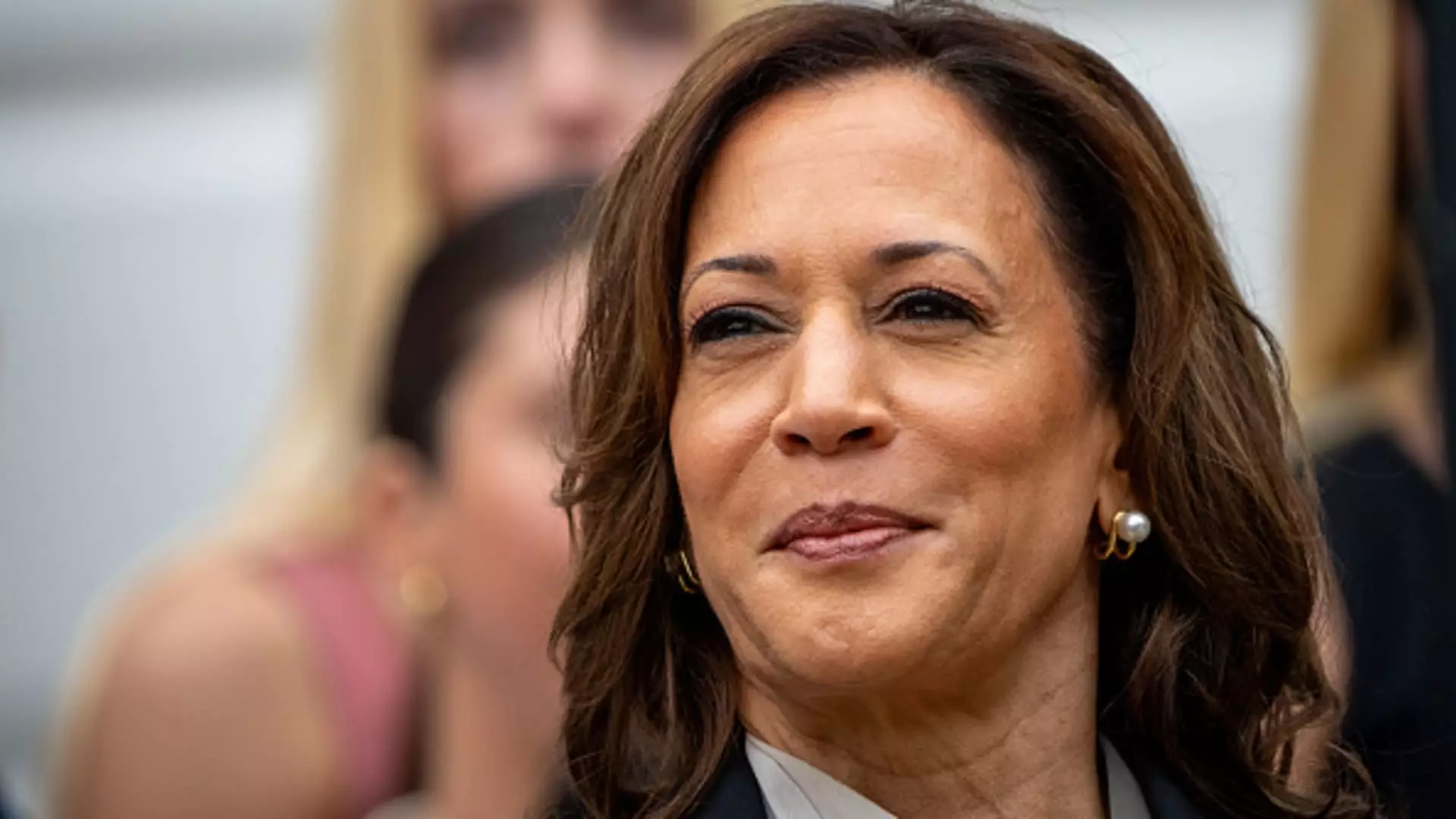Maryland’s Democratic Gov. Wes Moore highlighted that Vice President Kamala Harris would prioritize small business growth and large industry competition in shaping her own antitrust and regulatory policy if she were to become the president. According to Moore, Harris believes in supporting small businesses and making it easier for them to grow, along with facilitating competition for large industries within states and across the country. This approach would signify a departure from the aggressive trust-busting and merger-skeptical principles that have characterized the Biden administration’s regulatory agenda.
Moore emphasized that moving forward, a different set of philosophies would be required in addressing the changing sociopolitical and political dynamics. He insinuated that Harris would bring a fresh perspective and vision to the table as the potential leader of the nation. While Moore is regarded as a close ally of the Biden-Harris duo and a rising star in the Democratic party, his background in investment banking and association with Wall Street organizations raises questions about the alignment of his statements with the party’s progressive ideals.
Notably, Wall Street dealmakers have shown optimism about the prospect of a Harris administration softening its stance on aggressive antitrust regulations, despite being rooted in progressive economic traditions. Democratic megadonors such as IAC Chair Barry Diller and LinkedIn co-founder Reid Hoffman have publicly urged Harris to consider replacing prominent figures within regulatory bodies to potentially alter the direction of antitrust policies. However, the extent to which Harris would adhere to these demands remains uncertain, especially given the constraints imposed by existing regulations governing the removal of independent agency leaders.
Future Policy Platform and Corporate Interests
As Harris continues to shape her policy platform, the corporate community is closely observing her rhetoric and potential actions concerning big business regulation, particularly in the context of mergers. While Harris’s statements on addressing price gouging and hidden fees are in line with some of Biden’s narratives, there are indications that she may adopt a more nuanced approach when it comes to regulating large corporations. Speculation within corporate America suggests that a Harris administration might pivot away from the stringent antitrust measures enforced by the Biden administration.
In the evolving landscape of American politics and economics, the role of Vice President Kamala Harris in shaping antitrust and regulatory policies is a subject of considerable interest and debate. While Moore’s insights shed light on Harris’s potential priorities regarding small businesses and large industry competition, the actual implementation of these policies and the extent of her alignment with progressive economic ideals remain uncertain. As Harris navigates through the complexities of governance and policymaking, the interplay between corporate interests, regulatory frameworks, and political dynamics will shape the future trajectory of antitrust regulations under her hypothetical presidency.


Leave a Reply